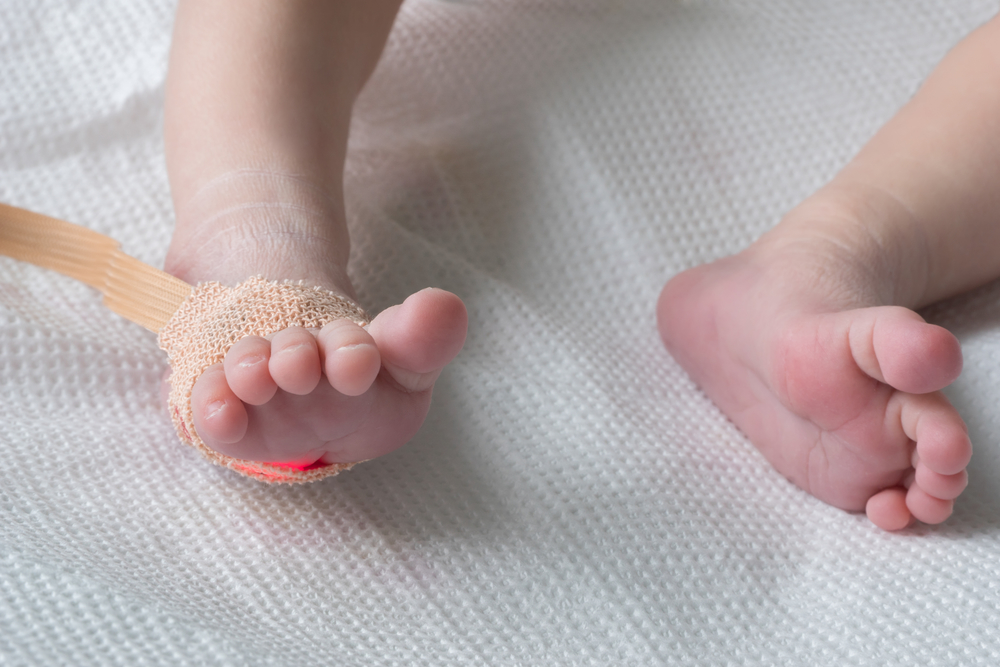More babies with birth defects in Limburg, but reason is a mystery


The number of babies born in Limburg with a birth defect is far higher than in the rest of the country, according to researchers at Maastricht University.
The researchers studied national figures on birth defects and concluded that the rate is ‘alarmingly’ high in the province, epidemiologist Luc Smits, told website Limburger.nl.
Of the 8,000 babies born in the southern province every year, around 300 have some sort of defect – or 3.84% of live births. However, the average rate of birth defects in the Netherlands as a whole is 2.84%, the research showed.
In particular heart, kidney and bladder issues and problems with sex organs are more common in Limburg, Smits said.
‘We already knew that we have a lot of premature births and we still lead the way in terms of babies who are too small at birth,’ Smit said.
Explanation
Nevertheless, there is no ready explanation for the difference. ‘We found a clear rise in Parkstad and northern Limburg,’ he said.
‘We know that in Parkstad, children are more likely to grow up in poverty, where smoking, obesity and alcohol abuse are more common, also among expectant mothers. But the difference in the north of the province is a real mystery.’
‘Something has to be to blame,’ Smits told the Limburger. ‘Environmental factors perhaps? We really need to research this.’
Thank you for donating to DutchNews.nl.
We could not provide the Dutch News service, and keep it free of charge, without the generous support of our readers. Your donations allow us to report on issues you tell us matter, and provide you with a summary of the most important Dutch news each day.
Make a donation